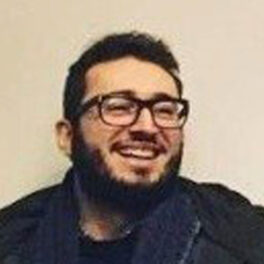Integrated course (IC)
Objectives
The course aims to provide foundational knowledge of the fundamental concepts and main theoretical models of dynamic psychology, analyzing the evolution and heritage of the various psychoanalytic schools in the 20th century.
Syllabus
After introducing the principles of dynamic psychology, the course will present and discuss the main authors and their theoretical models of classical psychoanalysis.
Particular attention will be paid to the relationships between the theories discussed and the concepts of self-representation, unconscious, conflict, trauma, defense and relationship.
The course will focus on authors from the early 20th century to the 1960s, with a special emphasis on: Freud, Anna Freud, Melanie Klein, W.R. Bion, M. Mahler, Ferenczi, Winnicott, Kohut, and Bowlby.
During the course, students will listen to/watch some psychotherapy sessions conducted by the lecturer, which will be discussed in class in light of the material studied.
Exam
The course grade is determined by the following components:
- Active participation and discussion with classmates and the lecturer regarding the presented material.
- A written assignment on the book Una finestra sulla psicoanalisi by Anna Ferruta, with a maximum length of 8 pages, focused on the book. The assignment should include a reflection on the specificity of the psychodynamic method and the identity of the psychoanalyst (what the psychoanalyst does and why their listening and work are distinctive).
- A multiple-choice written exam (33 questions).
- An optional oral exam during the registration phase, consisting of a single question.
Bibliography
- Manuale di psicologia dinamica. Dal modello pulsionale alle prospettive più recenti. Rocco Quaglia e Claudio Longobardi edito Raffaello Cortina. Autori: Freud, Jung, Adler, Abraham, Reich, Rank, Anna Freud, Hartmann, Mahler, Spitz, Franz Alexander, Ferenczi, Klein, Bion, Fairbain, Winnicott, Kohut, Bolwby.
- Libro per la tesina di gruppo (4/5). Una finestra sulla psicoanalisi. Anna Ferruta. Raffaello Cortina (2024)
- Lecture slides and distributed materials.


